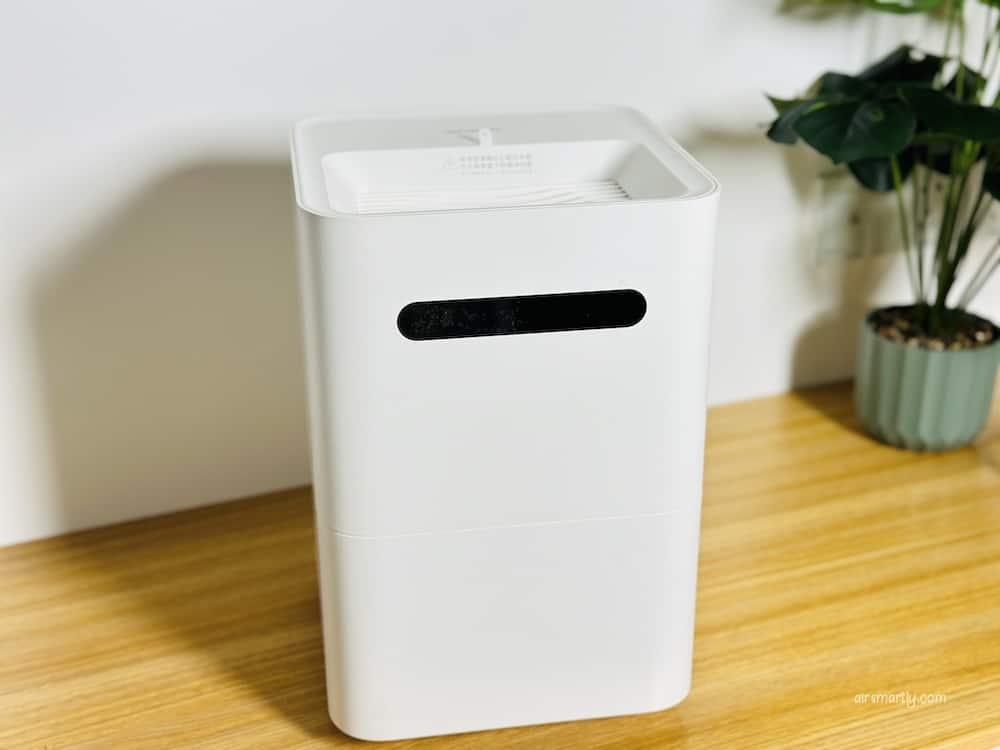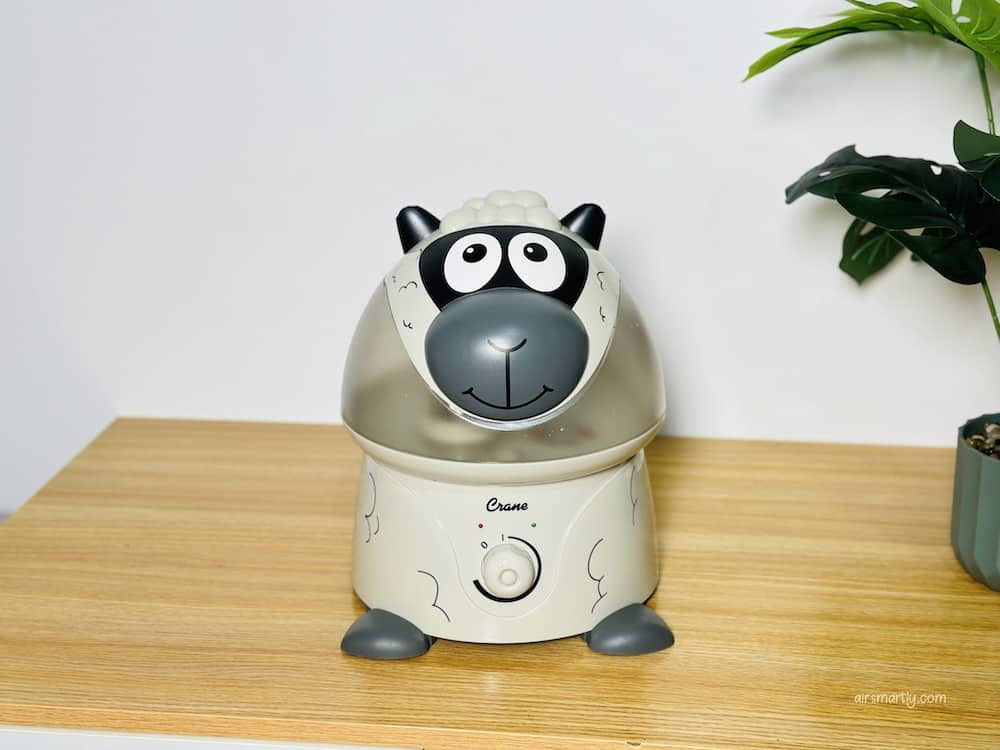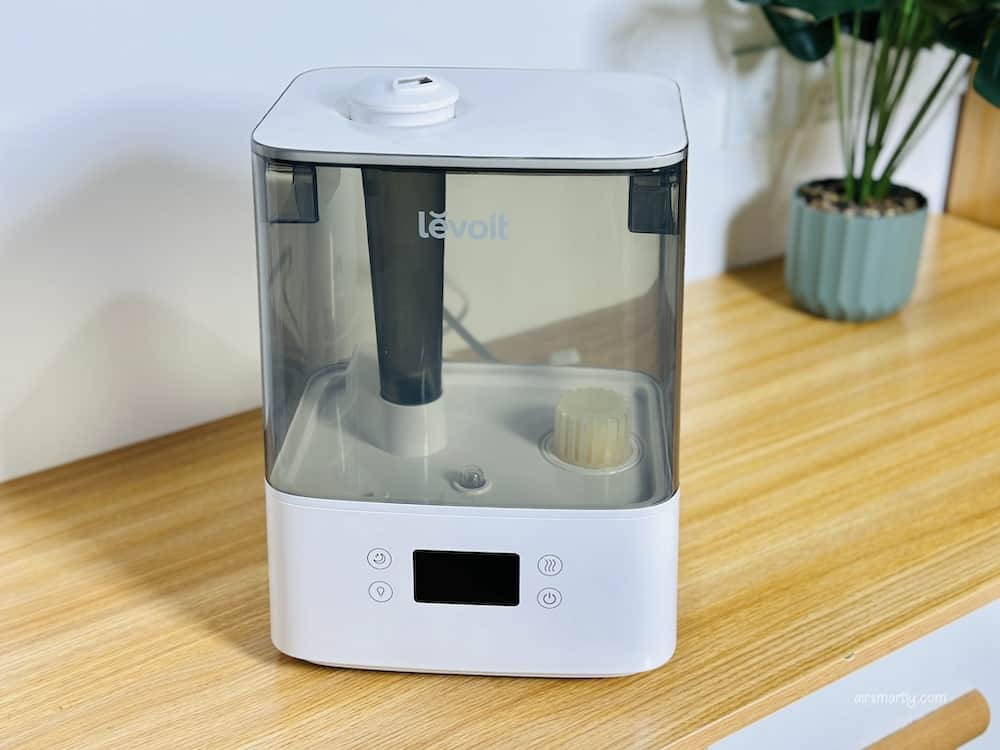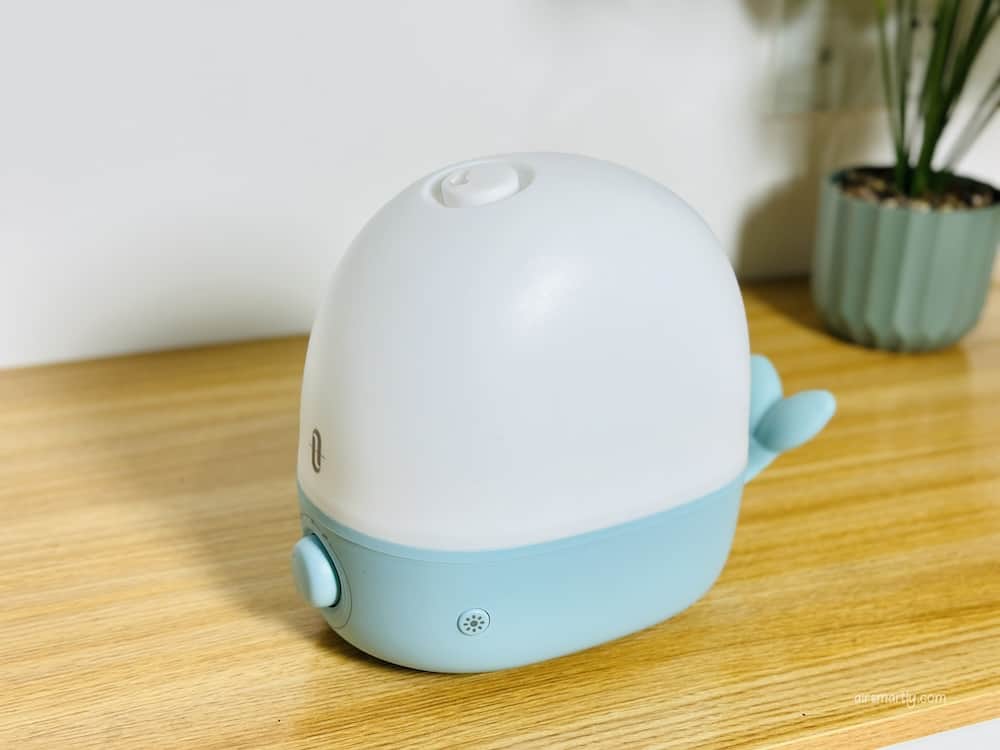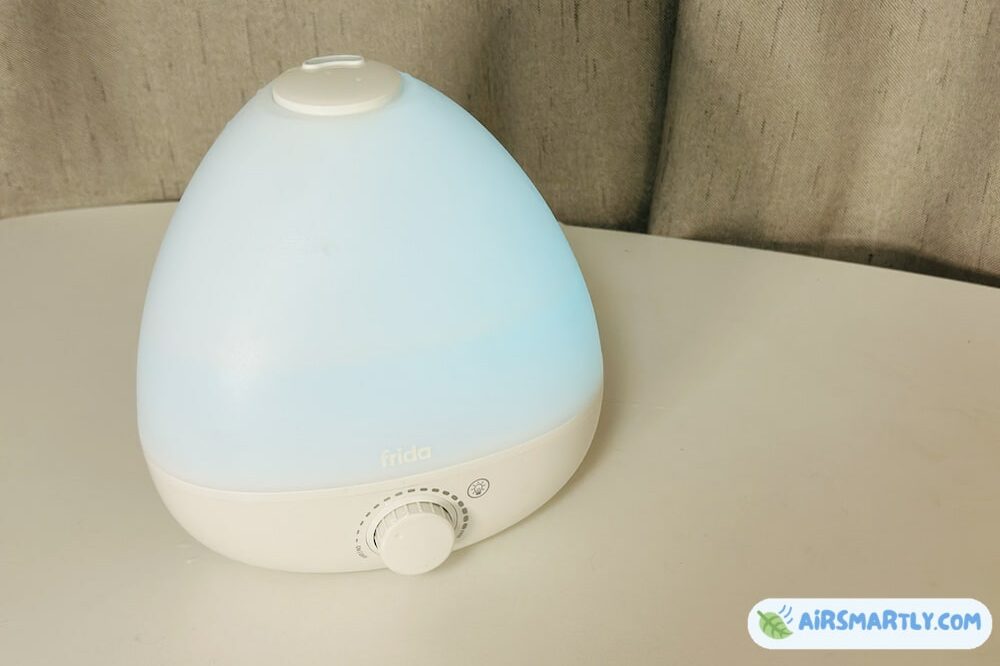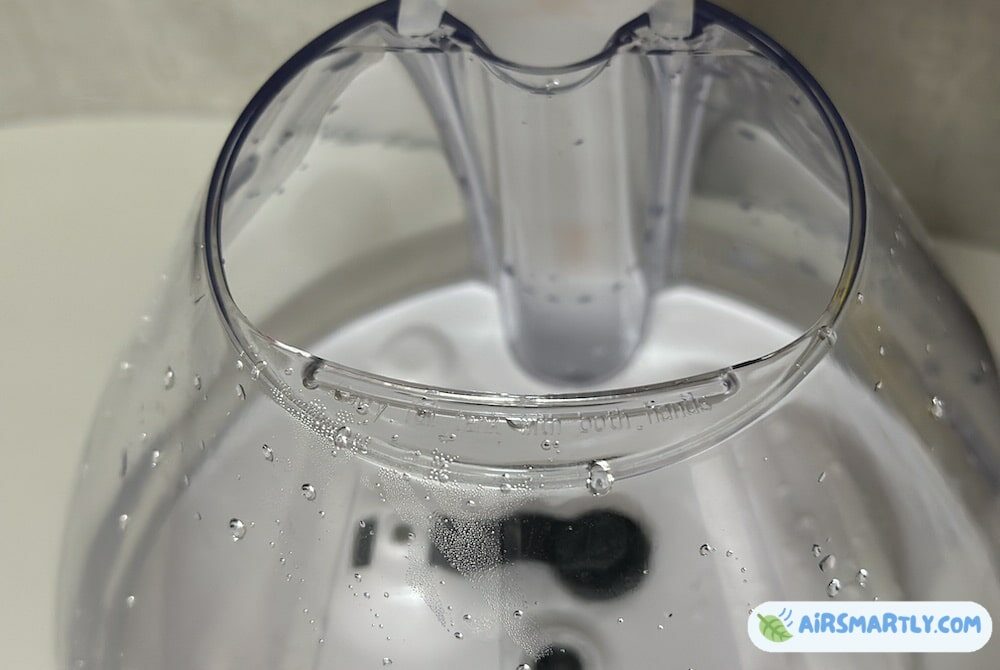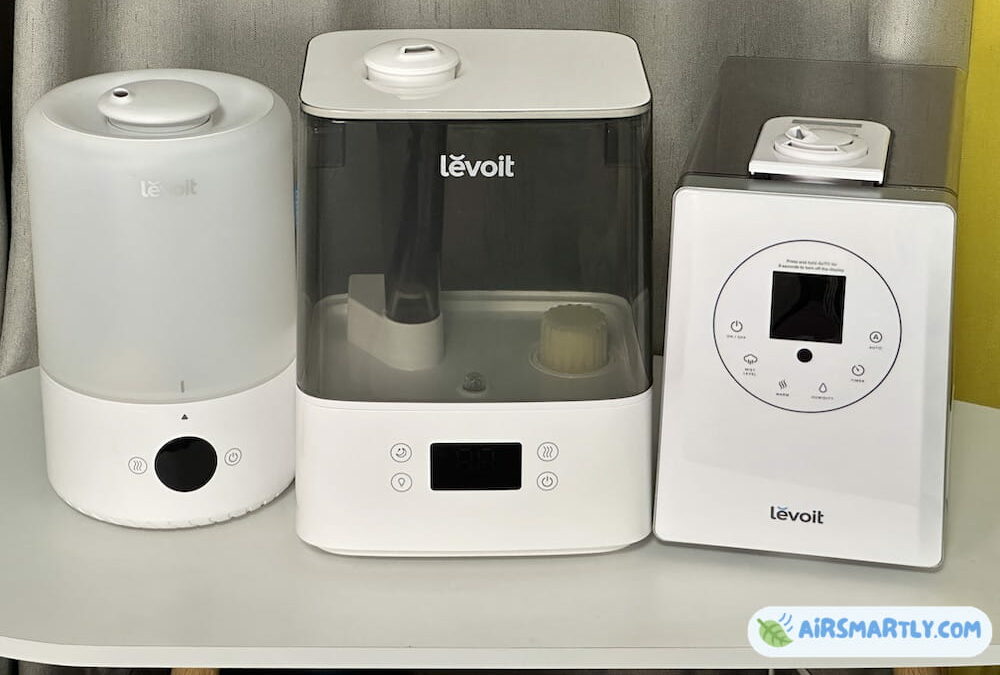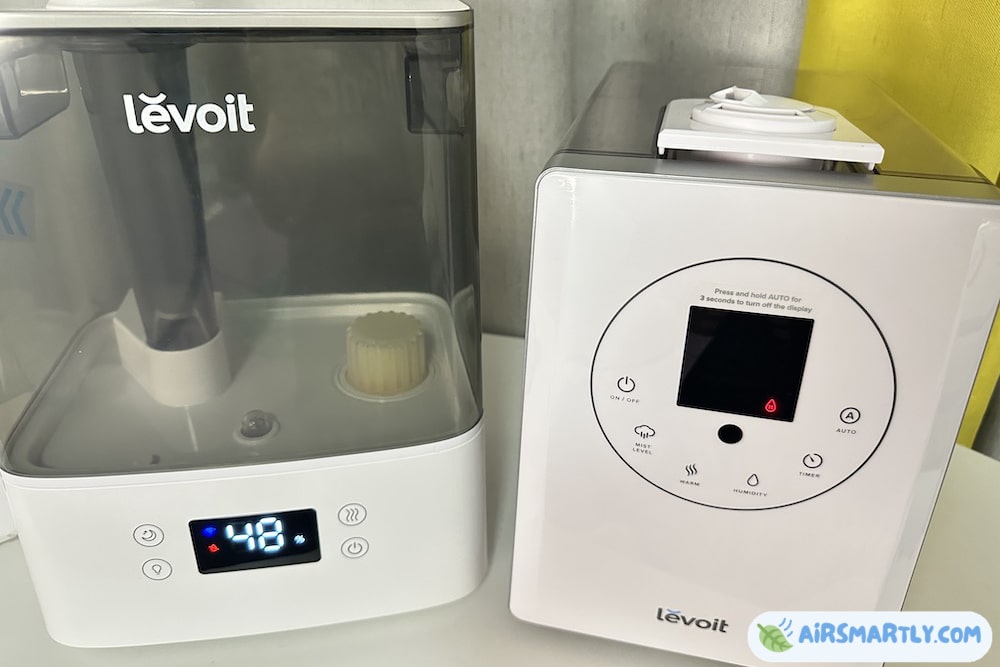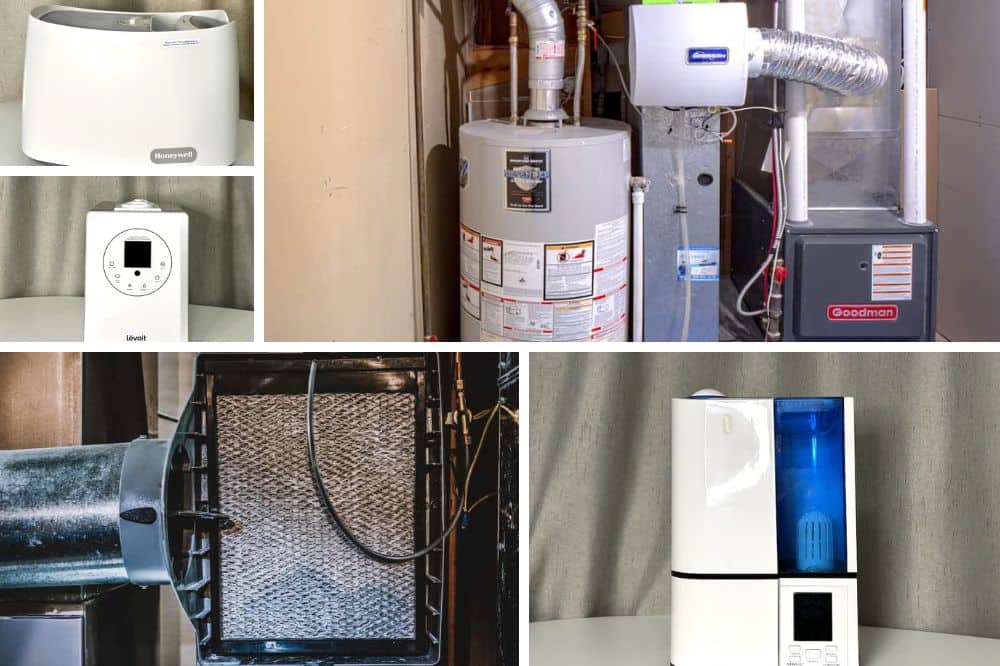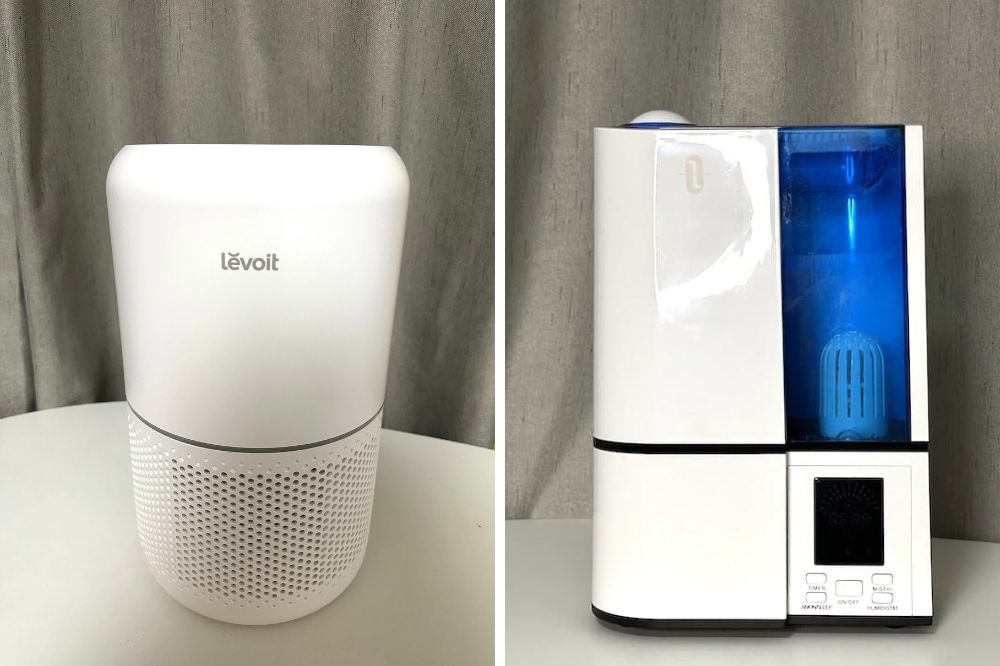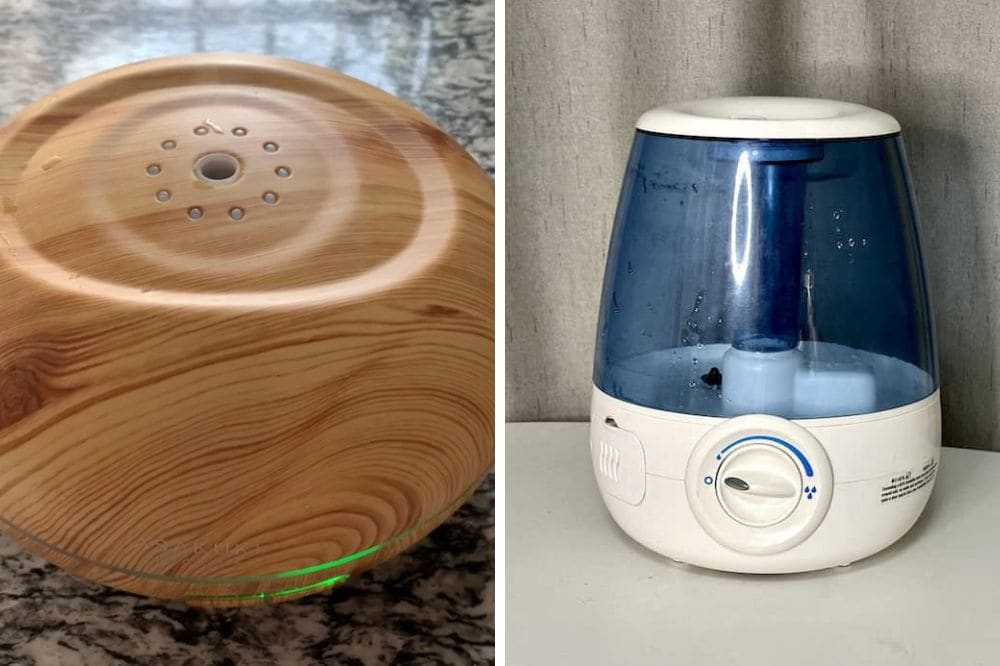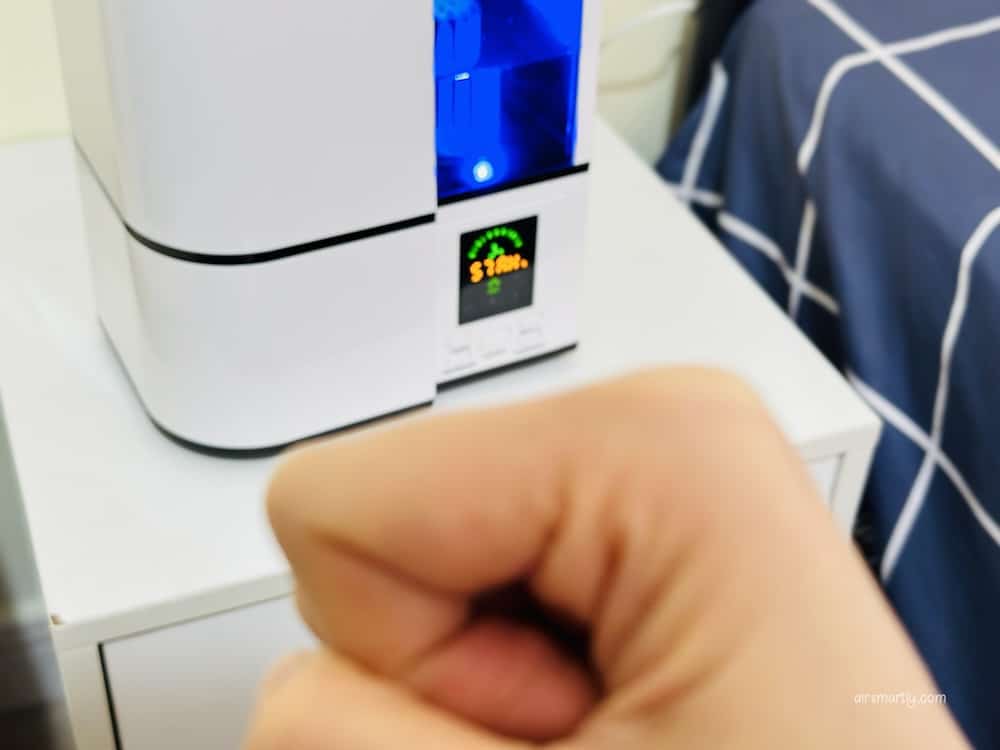We’re Featured On





Hi, Liz here
I am the founder of Air Smartly and just like you, I’m pretty obsessed with breathing in comfortable air. I’ve spent countless hours testing various humidifiers and delving into the details of creating a more comfortable environment. I’m dedicated to ensuring the info on our site is not just good but downright valuable.
What We Do

Product Reviews

Real Tests

Blogs
Our Latest Reviews
Our Guides


